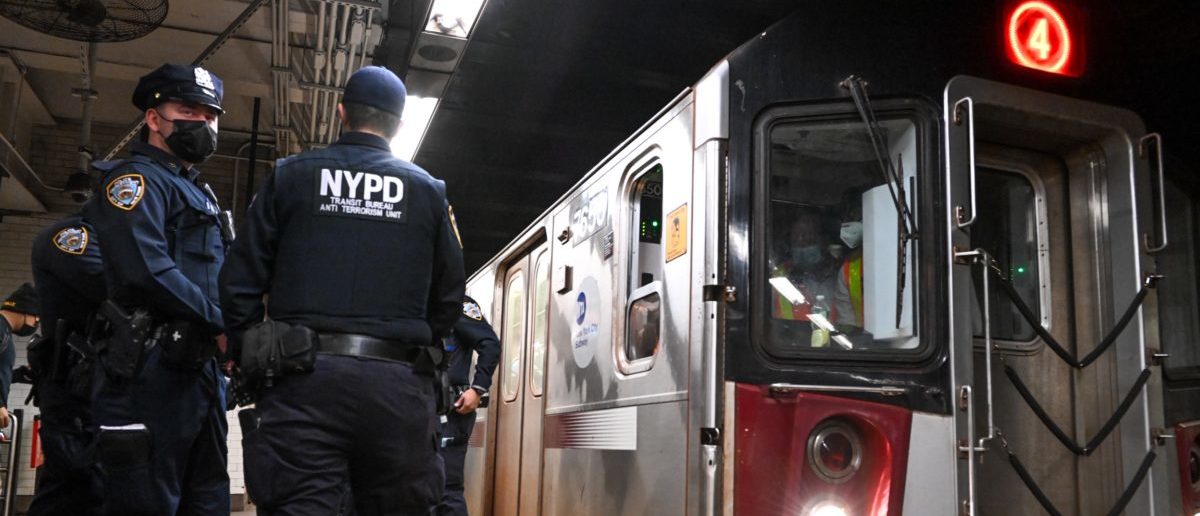Employees of public transit agencies are facing far more frequent assaults than they were 15 years ago, fueled in part by a post-pandemic surge in violence that has affected cities across the country, according to a November 2023 report by the Urban Institute.
Public transit agencies reported 492 “major” assault events to the Federal Transit Administration (FTA) in 2022, compared to just 168 in 2008, according to the Urban Institute. The increase in assaults comes as homicide rates in large cities have yet to return to pre-pandemic levels and many Americans, as well as businesses, have chosen to leave urban areas.
The FTA defines a major assault as an incident that involves “one one or more fatalities or injuries requiring medical transport.”
The Urban Institute said that 492 is an undercount of the actual severity of the issue, explaining that actions like spitting, sexual misconduct, robbery, threats and hitting or kicking, among others, do not meet the reporting threshold for a “major” assault. (RELATED: NY Transit Leader Urges Officials To Ban Subway Attackers, Sex Offenders From Trains)
Assaults on transit workers were concentrated in a handful of Democrat-run cities.
In 2022, New York City’s transit agency reported 237 major assaults, the Chicago Transit Authority disclosed 73 such events and the Washington Metropolitan Area Transit Authority, serving the nation’s capital and the surrounding area, had 22 major assaults on workers.
A significant number of high-income taxpayers and businesses have chosen to leave large cities since the pandemic, according to CNN.
The rise in assaults on transportation workers was bolstered by a surge in pandemic-era violence.
Major assaults reported by public transit agencies declined from 470 in 2019 to 297 in 2020, according to the Urban Institute. The number of major assaults rose to 348 in 2021 and rose again to 492 in 2022, according to the Urban Institute.
The spike in assaults against public transit workers coincides with a broader increase in violent crime following the pandemic.

(Photo by Alexi J. Rosenfeld/Getty Images)
America’s homicide rate jumped 30% during the COVID-19 pandemic, according to Voice of America.
The increase in violent crime was particularly pronounced in a handful of Democrat-run cities, similar to the spike in transit employee assaults.
Washington, D.C., reached 200 homicides before October for the first time since 1997 in 2023. Portland’s homicide rate, meanwhile, increased 207% between 2019 and 2021, according to a report produced by the California Partnership for Safe Communities.
Moreover, annual homicides in Chicago jumped from 508 to 796 between 2019 and 2020 and have not returned to pre-pandemic levels since, according to the Illinois Policy Institute.
An FTA spokesperson directed the Daily Caller News Foundation to a press release detailing what it is doing to improve safety for transit workers.
The FTA recommends that public transit agencies be required to conduct a “safety risk assessment,” identify strategies to reduce risk to workers and provide the FTA with information on what it’s doing to reduce violence, according to the press release.
All content created by the Daily Caller News Foundation, an independent and nonpartisan newswire service, is available without charge to any legitimate news publisher that can provide a large audience. All republished articles must include our logo, our reporter’s byline and their DCNF affiliation. For any questions about our guidelines or partnering with us, please contact [email protected].
